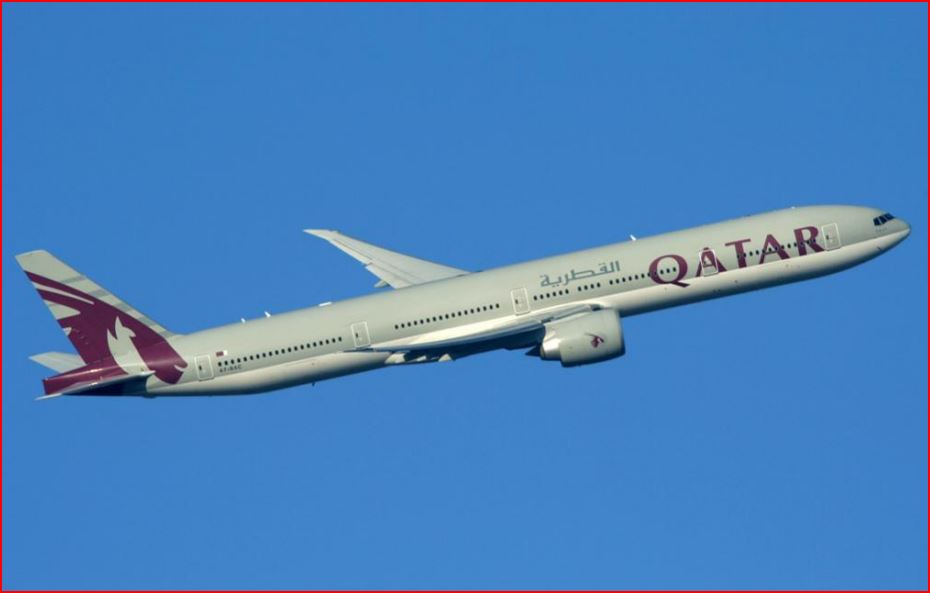 At least 13 Australian women and others of different nationalities, were forcibly removed from a Qatar Airways flight early this month and subjected to bodily inspections by Qatari authorities looking for the person who left a newborn in an airport bathroom. The bizarre story underscores an uncomfortable reality. The rights enjoyed in one’s home country don’t travel with them. Whether it’s a final destination or changing to an onward flight, local authorities call the shots.
At least 13 Australian women and others of different nationalities, were forcibly removed from a Qatar Airways flight early this month and subjected to bodily inspections by Qatari authorities looking for the person who left a newborn in an airport bathroom. The bizarre story underscores an uncomfortable reality. The rights enjoyed in one’s home country don’t travel with them. Whether it’s a final destination or changing to an onward flight, local authorities call the shots.
In the case of Qatar, that evidently meant gynecological exams could be carried out on scores of travelers who were plucked off the airplane and escorted without explanation to ambulances turned into mobile examination rooms.
Between nine and 13 women from Qatar Flight 908 shared their stories with each other after landing at Sydney Airport on October 2. The full scope of the forced genital inspections remains unclear.
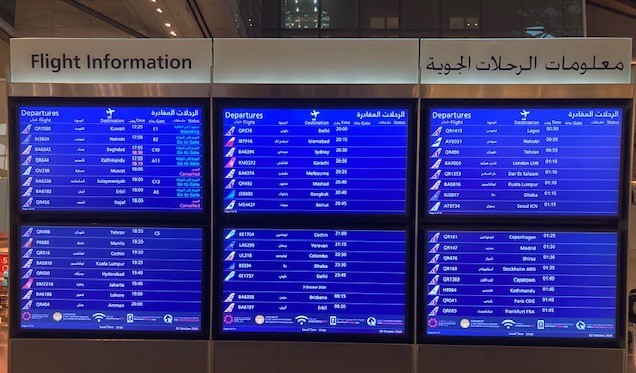
Flight information posted prior to Qatar Flight 908’s departure. Photo courtesy Wolfgang Babeck
Even before the women were told to leave the plane, it had already been delayed by several hours, according to Wolfgang Babeck who watched it all unfold. Before boarding the flight, Babeck, a Sydney attorney noted that many other flights were also delayed. In retrospect, he wonders if women were also rounded up from other planes and examined under duress. Perhaps, like the Australian women, they have been too traumatized to go public.
“My takeaway is, this is not an Australian issue,” Babeck told me. “This is a violation of human rights.”
The authorities in Qatar acted curiously, Babeck said. “They should have asked the women and explained why this is occurring and give them an opportunity to consent or disagree,” to the exams, Babeck said.
In Australia, the Federal Police are investigating and foreign minister, Marise Payne who has described the events as “grossly, grossly disturbing”, says she made her opinion clear to Qatari officials.
It does not seem to have phased the Qatari government. A statement sent to me on Monday from Hamad International Airport suggests the gynecological exams were prompted by concerns that the mother of the newborn might need medical care.
“Medical professionals expressed concern to officials about the health and welfare of a mother who had just given birth and requested she be located prior to departing HIA,” the statement said.
Several follow-up questions were unanswered including; how many women were examined, how the women were selected, whether women were offered the opportunity to opt-out, and what Qatari law allowed non-consensual medical exams of passengers transiting through the country.
To Babeck, if the Qatari officials were truly concerned about the welfare of the missing mother, they skipped several logical and moderate steps on their way to the most intrusive step possible.
“Even if you think there is the mother on board what would you do?” he asked me rhetorically. “The first thing you would do is ask questions, get in a conversation. I mean it’s extreme, there are so many steps in between you could take to understand if this is the mother or not.”
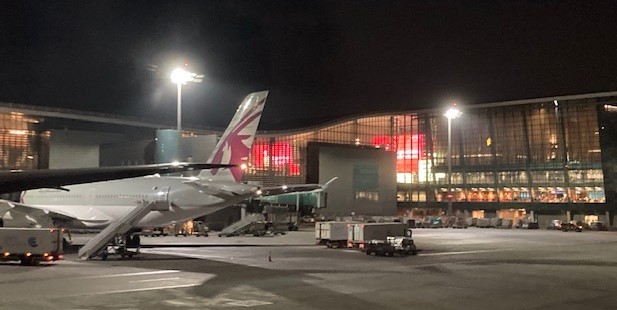
Babeck, who is in communication with many of the women on the flight, says their unwillingness to speak publicly about what happened is illustrative of how upsetting the events were. Only Kim Mills, a grandmother from Australia, who was also ordered to leave the plane, but was not examined, has given her version of events in a story in the Guardian.
She was already in her business class pajamas dozing during the departure delay when a flight attendant shook her awake and told her that she needed to collect her passport and leave the plane.
Still in pajamas, she was taken to what appeared to be a garage at the airport where she saw women being taken into several ambulances. At that point someone seemed to notice she was beyond childbearing years. Still, she said she was terrified by then. She did not learn until later what was going on.
“I can’t imagine what it was like for those poor young girls, it must have been horrendous,” Mills told the newspaper. “I’m a mother of three daughters and when I got back on the plane and reflected on it and thought, I am so glad it wasn’t any of my girls.”
Coronavirus has brought much air travel to a halt and this is acutely felt in Australia which has a cap of six-thousand international passenger arrivals a week. Qatar Airways brags it is the only international airline with service to five of the country’s major destinations, making the airline popular with Australians though flights are crowded.
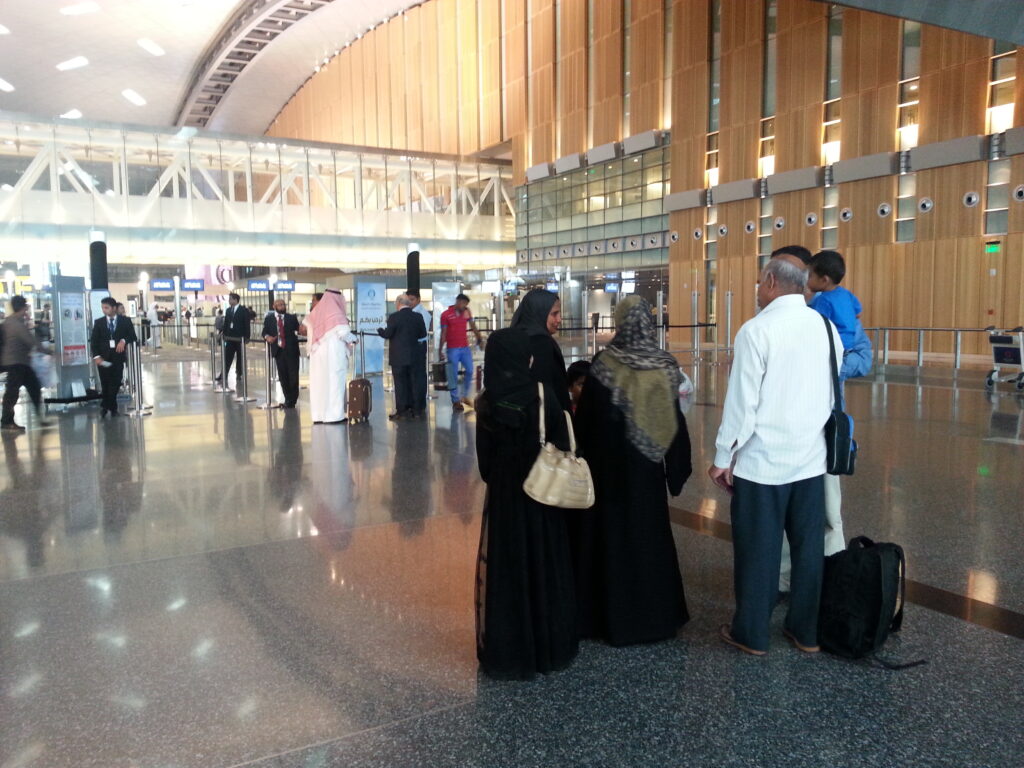
All over Australia, however, the forced inspection of passengers’ private parts story is a creepy, frightening reminder that Qatar is not Australia. Or Canada for that matter. Air Canada announced it will begin flying between Toronto and Doha in December.
Canadians, Australians and everyone else should consider carefully whether it’s worth traveling on any flight that hubs in places like Qatar where women’s rights are curtailed, behaviors considered immoral are criminalized and law enforcement is not restrained.

Author of The New York Times bestseller, The Crash Detectives, I am also a journalist, public speaker and broadcaster specializing in aviation and travel.


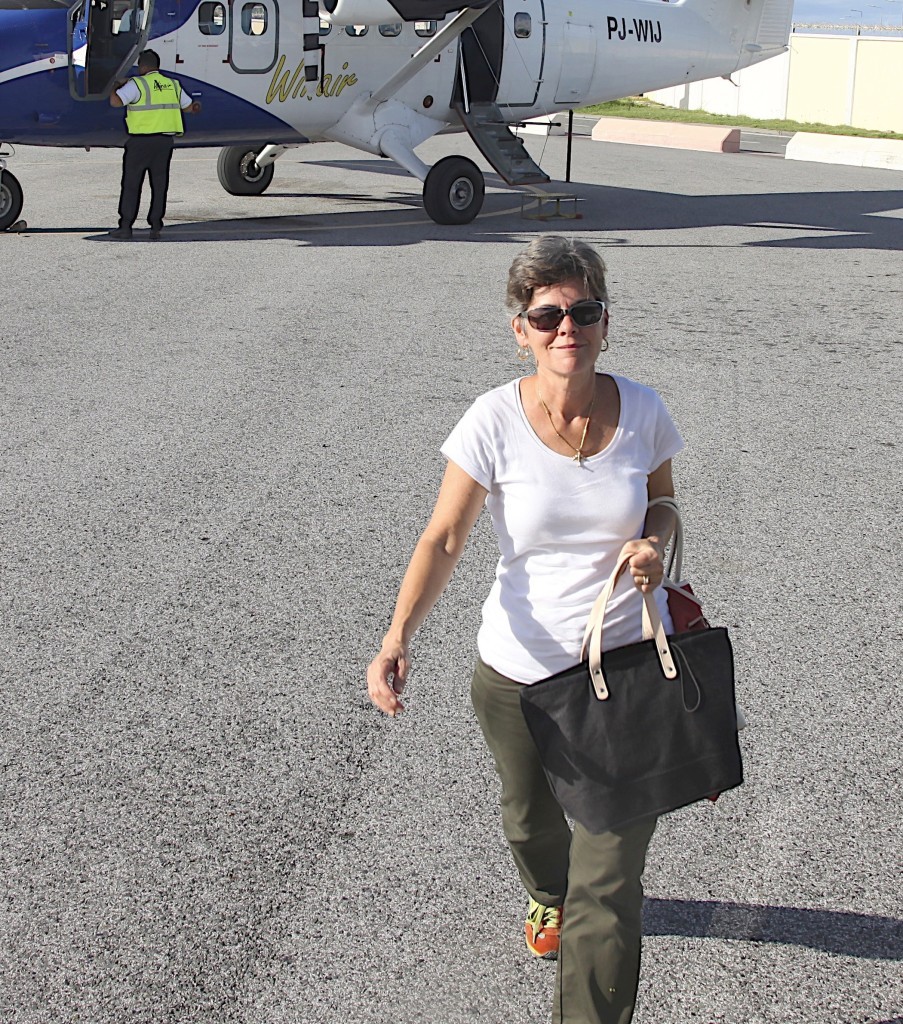






Christine, this is horrendous. My immediate thought was … these are the rights we take for granted in the US that could never happen here. But then I realized that there are US manager’s whisking women off to mental health exams because they are overly concerned with safety, or forcing them into treatment facilities as in-patients with known to be false alcohol tests because they reported sexual harassment. We believe we have rights in the US…but the truth is, we’re not there yet either. My heart goes out to those women who were assaulted.